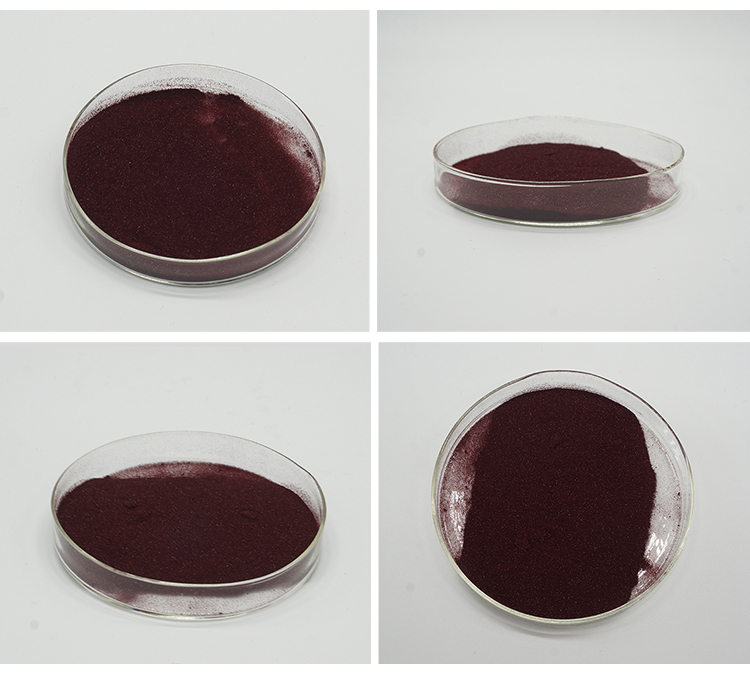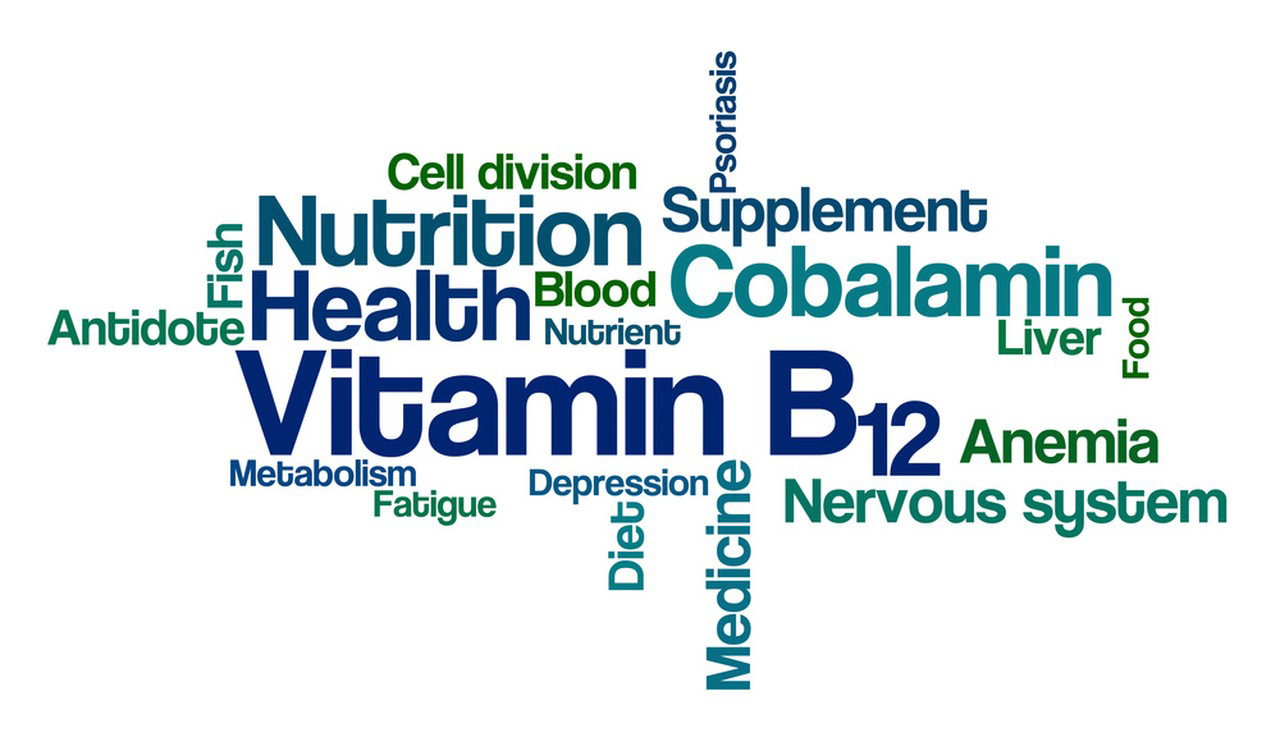Mecobalamin, also known as methylcobalamin, is a form of vitamin B12. It is a cobalamin, a type of compound that contains cobalt within a corrin ring. Here are the basic components and structure of mecobalamin:
1.Corrin Ring: This is the central structure of mecobalamin and other cobalamins. It is a macrocyclic compound similar to the porphyrin ring found in hemoglobin, but it has one less methylene bridge, making it a corrin ring. The corrin ring is composed of four pyrrole subunits interconnected by three methylene bridges and one direct bond.
2.Cobalt Ion (Co): At the center of the corrin ring is a cobalt ion. In the case of mecobalamin, the cobalt is in the +3 oxidation state, known as cobaltic ion (Co³⁺).
3.Methyl Group (CH₃): Mecobalamin has a methyl group attached to the cobalt ion. This differentiates it from other forms of vitamin B12, like cyanocobalamin (which has a cyanide group) or hydroxocobalamin (which has a hydroxyl group).
4.Nucleotide Loop: Attached to the corrin ring is a nucleotide composed of a base (5,6-dimethylbenzimidazole), a ribose sugar, and a phosphate group. This nucleotide is connected to the corrin ring through a bond with one of the pyrrole nitrogen atoms.
5.Amino and Amide Side Chains: The corrin ring has various side chains, including acetamide and propionamide groups, which help to stabilize the structure and are involved in biochemical interactions.
The structure of mecobalamin can be summarized as follows:
Chemical Formula: C₆₃H₉₁CoN₁₃O₁₄P
Molecular Weight: Approximately 1344.38 g/mol

Summary of Components
Corrin Ring: A macrocyclic structure with a central cobalt ion.
Cobalt Ion (Co³⁺): Central metal ion in the +3 oxidation state.
Methyl Group (CH₃): Attached to the cobalt ion.
Nucleotide Loop: Composed of 5,6-dimethylbenzimidazole, ribose, and phosphate.
Side Chains: Various amino and amide groups attached to the corrin ring.
This specific arrangement and the presence of the methyl group make mecobalamin an active form of vitamin B12, which is crucial for neurological function and DNA synthesis.
Potential Benefits of Mecobalamin
Mecobalamin, also known as methylcobalamin, is a form of vitamin B12 that has various potential health benefits. Here are some of the key benefits associated with mecobalamin:
1.Neurological Health:
Nerve Repair and Regeneration: Mecobalamin plays a crucial role in the maintenance and regeneration of nerve cells. It is essential for the synthesis of myelin, a protective sheath around nerves, which is important for proper nerve function.
Peripheral Neuropathy: It is often used to treat peripheral neuropathy, a condition characterized by damage to the peripheral nerves, leading to symptoms such as pain, tingling, and numbness in the extremities.
2.Cognitive Function:
Memory and Learning: Adequate levels of mecobalamin are linked to improved memory and cognitive function. Deficiency in vitamin B12 can lead to cognitive decline and memory impairment.
Neuroprotection: Mecobalamin has neuroprotective properties that help in preventing neurodegenerative conditions such as Alzheimer’s disease.
3.Hematological Health:
Red Blood Cell Formation: Mecobalamin is essential for the production of healthy red blood cells. A deficiency can lead to megaloblastic anemia, a condition where the bone marrow produces abnormally large and dysfunctional red blood cells.
4.DNA Synthesis and Repair:
Mecobalamin is involved in the synthesis and repair of DNA, which is crucial for cellular function and overall health.
5.Cardiovascular Health:
Homocysteine Regulation: Mecobalamin helps to lower levels of homocysteine, an amino acid in the blood that is associated with an increased risk of cardiovascular diseases when present in high amounts. Lowering homocysteine levels can help reduce the risk of heart disease and stroke.

6.Energy Production:
Metabolism: Mecobalamin plays a vital role in the metabolism of carbohydrates and fats, which are essential for energy production. It helps in converting food into energy, which can alleviate fatigue and improve overall energy levels.
7.Mood Regulation:
Mental Health: Adequate levels of mecobalamin are linked to better mood and mental health. Deficiency in vitamin B12 can lead to mood disorders such as depression and anxiety.
8.Immune System Support:
Mecobalamin supports the immune system by aiding in the production of white blood cells, which are essential for fighting infections.
In summary, mecobalamin is a critical nutrient with a wide range of benefits, particularly for neurological health, cognitive function, red blood cell formation, cardiovascular health, energy production, and overall well-being. Ensuring adequate intake of this vitamin is important for maintaining optimal health and preventing various deficiency-related conditions.
